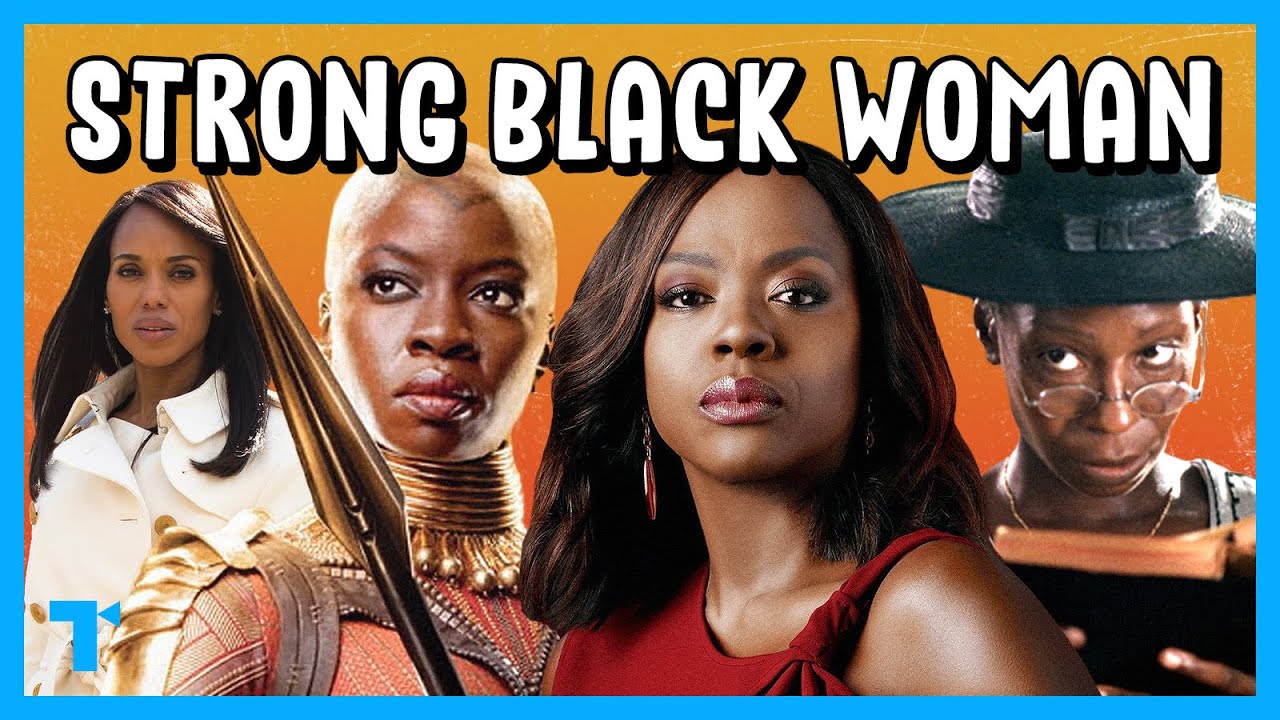Your cart is currently empty!

The Strong Black Woman Trope, Explained
Shattering the Myth: The Strong Black Woman in Media
All my life, I heard a cry. “All my life I had to fight.” The late 20th century painted black women as indestructible beings on TV and film. But let me tell you, “I’ve been only human my whole life. I want to be something else now. I want to be a warrior.”
The Unyielding Image
The strong black woman on screen is a force to reckon with. She does not entertain nonsense. “So when in doubt, shut your mouth.” With an unwavering moral compass, she holds others accountable. “Listen up. Andrews, you are a free fall and I am NOT having it.”
She’s a natural caregiver, “Stop putting your head down in my house. You know my rule. It’s all love and all pride in this house.” Yet, her strength sometimes means neglecting her own needs.
The Performance Pressure
She excels under pressure. “I analyze the manometer levels for air displacement, friction, and velocity, by hand.” She’s had to be better than her peers just to get a fraction of what they have. “Twice as good. To get HALF what they have.”
Overcoming adversity is her forte. “I had to fight my daddy, I had to fight my uncles, I had to fight my brothers. Girl child ain’t safe in a family of mens.” Her challenges fuel her inner strength and ethics.
A Heavy Toll
The strong black woman trope feels like a double-edged sword. While it’s inspired many, it also demands a lot. “Black women out here trying to save everybody and what do we get?” It’s time for a narrative shift.
Stereotypes in Film
Early film was harsh to black characters. The mammy, jezebel, and Sapphire stereotypes painted black women in limiting roles. “Why are you always turning me into the angry black woman?” “Cause you are.” These tropes restricted their upward mobility.
Then, came the Strong Black Woman. “What are you trying to do, Kill me? I damn well ought to you rotten bastard!” She emerged during the black liberation movement, characterized by resilience and determination.
A Need for Balance
Real-life black women are strong, but it’s high time we acknowledge the cost. “We may lose the small battles but win the big war.” The world isn’t always kind, and strength shouldn’t be the only expectation.
TV and film often depict them as sidekicks to white protagonists. In “The Help,” Viola Davis’s Aibeleen supports a white novelist, while in “Ghost,” Whoopi Goldberg’s Oda Mae aids a white man’s ghost.
Complex Characters
Thankfully, narratives are shifting. Shows like “Scandal” and “How to Get Away with Murder” allow black women to be more than just strong. They can be flawed, complex, and real.
New Horizons
It’s heartening to see more black women writing and producing their stories. Shows like “Insecure” and “Chewing Gum” illustrate the diversity within the black experience. “I don’t wanna have to be the voice of all black people.”
Let’s celebrate black women for all they are, not just their strength. “I would make a great queen BECAUSE I am stubborn. IF, if that’s what I wanted.” Let’s envision a brighter future.
